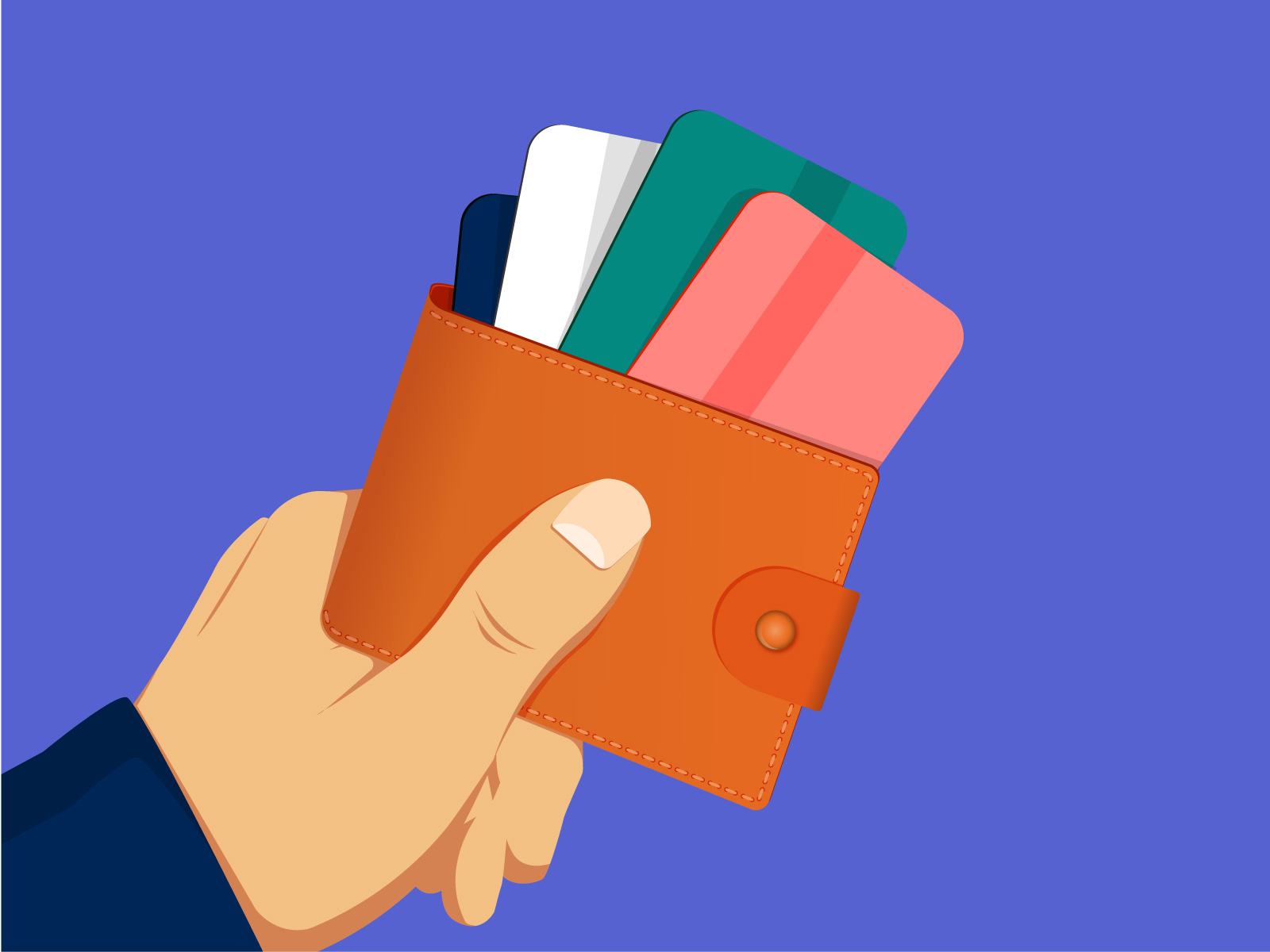What is a recession?
If you want to guarantee more eyeballs on your news publication, all you have to do is write a headline with the word "recession" in it. Ironically, the fear-mongering of highlighting predictions of a recession could tip a stagnant economy into a recession itself.
As much as we'd like to tune out the financial noise in the media about short-term market movements, it's easier said than done. But perhaps we can turn the latest headlines warning of a potential recession into a learning moment.
How do you measure how well a country's economy is doing?
The size of an economy is tracked by something called GDP, or Gross Domestic Product. This is the sum of all the goods and services produced over a period of time. Normally, we're used to a slow expansion with incomes rising and spending increasing.
We usually see GDP growth rates quoted in the media. For example, you might see phrases like the following: "The economy grew by 2.2% this year." Or “The Canadian economy grew by 0.1% last quarter."
What is a recession?
Generally speaking, a recession is when an economy is contracting (or "receding"). There's a technical definition that sometimes gets referenced for a recession, which is when an economy contracts for two consecutive quarters. That means the GDP growth rate for those two consecutive three-month periods would be negative.
That being said, it's not always that cut and dried. For example, the Canadian economy met the technical definition of a recession at the beginning of 2015, but a group of economists who looked at other factors concluded that Canada was not in a recession because the contraction was targeted to part of the overall economy and overall employment actually grew during this time.
But the early months of the Covid-19 pandemic in 2020 did meet the criteria to be called an "official" recession in Canada, according to the C.D. Howe Institute's influential Business Cycle Council.
It's also possible to see a recession within a province but not nationally. Alberta had a strong recession starting in 2015 that lasted almost two years.
What is the impact of a recession on everyday Canadians?
When people aren't buying as much as they have been, this leads to lower revenues for businesses, which means they may cut expenses. For some people, that means they may be in danger of losing their jobs. Others may not lose their jobs, but they may not be getting the pay increases they expect, or may even suffer pay cuts or increased workloads if they survive company layoffs.
For many Canadians without significant financial assets to fall back on (no emergency funds or other assets they can sell off), they may face difficulty in making good on their obligations like mortgages and other loans. Some may decide to sell their homes, and combined with people who have lost their jobs and hence their ability to purchase homes, demand for housing may decrease, further putting downward pressure on home prices.
In the end, a recession is a scary word because it can lead to a significant change in the lifestyle expectations of those most affected.
Is it possible to prepare for a recession?
Recessions happen from time to time. If you live to 90, you might experience 10 recessions in your adult lifetime (using this U.S. data as a proxy).
So instead of thinking about how you can prepare for a recession right now, you might be better off thinking about how to perennially prepare yourself for a shock to the economy overall, or better yet, a shock to your personal financial world (because you can still have financial emergencies outside of a recession).
That means following the standard personal finance playbook: bulk up that emergency fund, be mindful not to overspend, make sure you have the right insurance in place, and keep your savings rate high. The longer you follow that recipe, the better prepared you will be for any financial hiccups that we know happen from time to time.

